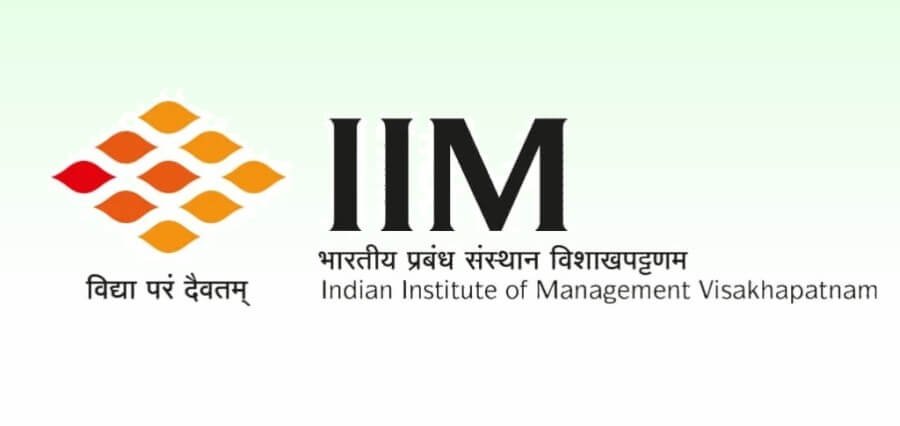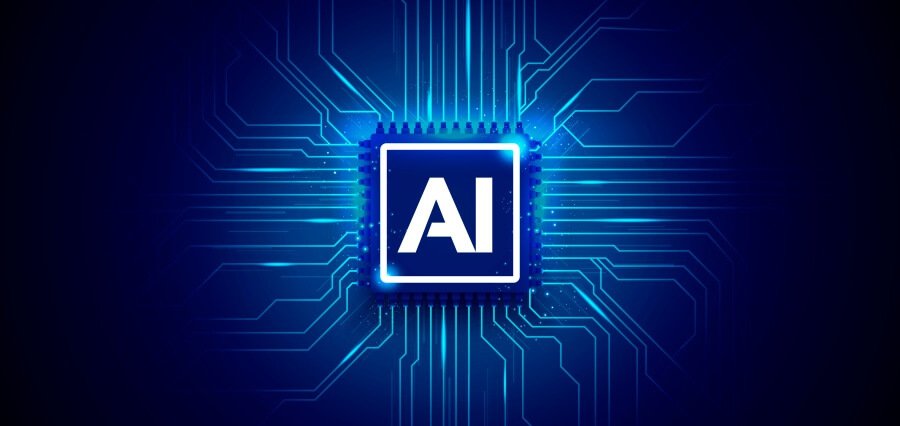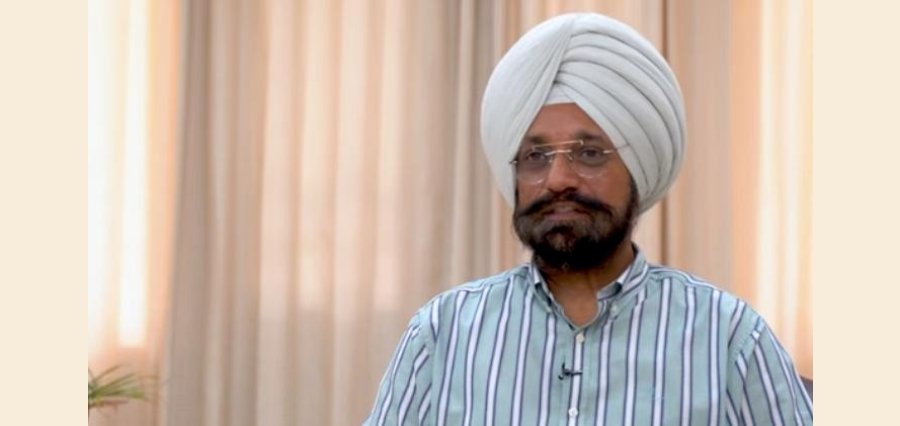Transforming Lives
Today, challenges abound as individuals and organizations face unprecedented challenges due to fast pace, accelerating activity, and multicultural and technological shifts. Shifting societal norms to the increasing complexity of the global marketplace, the demands placed on people today are significantly different from those in previous generations. The globalization of the market brings more issues into the marketplace for individuals every day facing both personal and professional requirements like never before. In this age of change, coaching arises as a critical tool being used to guide individual through their journey to overcome obstacles, develop critical skills, and indeed succeed.
Coaching frameworks, in particular, have undergone significant transformation to meet these modern challenges. These frameworks are what might be termed structured methodologies to guide coaches in the tools and techniques for assisting people in navigating their life journey. In the 21st century, they help build traditional career and leadership development but also embrace emotional intelligence, resilience, adaptability, and holistic well-being.
To an Indian audience, these coaching frameworks are particularly relevant for a nation that strives to make rapid global strides. India is a country of young people who have strong ambitions and want to grab new opportunities against growing competition and mounting pressures from society. Coaching frameworks, developed especially to answer the problems of the 21st century, might offer the key for Indian professionals and students to differentiate themselves from others in this shifting landscape of work and life. The article therefore explores what constitutes the core of such coaching frameworks and their transformation in Indian lives.
- The Evolving Role of Coaches in the 21st Century
In the 21st century, coaches are not simply mentors imparting advice and knowledge—they have become growth facilitators, assisting people realize their potential and expanding vital capabilities for the contemporary global realm. Traditional training models frequently centred on specific goals, consisting of career advancement or enhancing leadership abilities. However, cutting-edge training frameworks take a greater holistic approach, addressing a wide variety of abilities, from emotional intelligence to adaptability.
The new age of coaching acknowledges that achievement is now not just about hard abilities or information but about how individuals can adapt to change, manage stress, and maintain stability. Indian specialists, who are often navigating the dual pressures of rapid economic growth and societal expectations, find great value in this approach. Coaches today guide people through self-discovery, assisting them in building the resilience and agility necessary to achieve success in dynamic environments.
-
Core Components of 21st Century Coaching Frameworks
For the challenges of the 21st century so far most coaching frameworks have been centered on a few key elements that relate to personal development, flexibility, and future-readiness. The following are crucial elements of such frameworks:
- Self-awareness and Emotional Intelligence: The new coaching models emphasize the importance of understanding emotions, motivations, and triggers. EI is the capability to manage one’s emotions and relationships with others that contribute to the workplace in the right manner is highly valued today. Indian professionals, especially at leadership levels, can make better decisions with quality relationships with others due to self-awareness.
- Resilience and Stress Management: Modern life can be quite suffocating, making resilience—the ability to bounce back from setbacks—a critical area of focus in coaching. In India, working professionals are increasingly under competitive pressure at the workplace and further societal responsibilities and more and more professionals are in search of coaches who can help build resilience and develop a better ability to manage stress.
- Adaptability and Continuous Learning: With the rapid pace of technological change, the ability to operate with dynamism so as to adapt to new changes is crucial. Coaching frameworks help in developing a mindset of continuous learning and agility. Indian professionals, in particular, find that adaptability is one of the pertinent keys to remaining relevant and competitive within a global market.
- Goal-setting and Accountability: Goal setting and remain an integral part of coaching. Clear goal setting has brought it one step further, with increased flexibility and accountability. Coaches create goals that are realistic and flexible in nature while holding an individual accountable for staying focused, motivated, and productive despite changing circumstances. Goal setting that falls within agility and accountability is very important for the success of any professional as well as personal advancement of the Indian workforce.
- The Relevance of Coaching in India’s Professional Landscape
Rapid economic growth, technological advances, and an increasingly competitive job market are changing the professional landscape in India. The constant urge for differentiation in increasingly competitive fields is quickly transforming Indian society, and coaching has become a big part of this. In this regard, coaching frameworks to help Indian professionals navigate the maze of the modern workforce include those related to leadership development, career transitions, and personal growth.
Coaching frameworks are exceptionally valuable in India’s tech and corporate sectors, where many professionals must do everything from technical competence to leading, communicating, and being emotionally intelligent. The structured, personalized support provided in these frameworks empowers individuals to enhance their competencies, manage stress in the workplace, and be responsive to change. Indeed, with more and more Indians embracing entrepreneurialism, coaching is increasingly being recognized as an essential resource for startup founders and other young business leaders who seek to build resilient, adaptive organizations.
- Impact on Personal Growth and Well-being
Modern frameworks of coaching are interested in well-rounded personal development beyond mere professional success. As more Indians in contemporary world recognize the work-life balance, holistic coaching competencies are being integrated. Nowadays, coaches even help people not only perform well professionally but also ensure sustainability in their physical and mental well-being, their interpersonal relationships, and achieve personal satisfaction.
This is all the more relevant to a country like India, given the cultural and familial expectations around professionals. Coaching frameworks that focus on emotional resilience, self-care, and balanced living have made people live better not only their professional lives but also their personal lives.
Conclusion
Coaching frameworks designed for twenty first-century challenges are revolutionizing the way individuals approach each their careers and private lives. Specializing in emotional intelligence, resilience, adaptability, and continuous learning, these frameworks offer the essential tools required to navigate the complexities of the contemporary realm.





